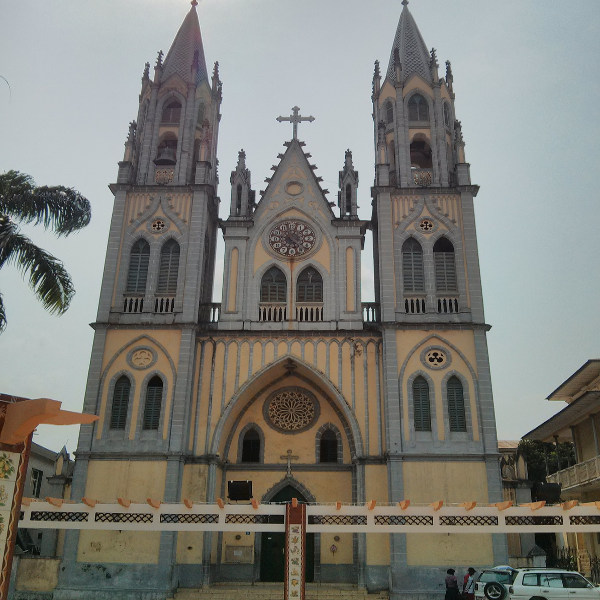
Architecture
Malabo’s Spanish colonial history is evident not only in its official language, but its neo-Gothic buildings and casa-style villas that are peppered throughout the city’s urban contemporary architecture.
Malabo is the colourful capital city of Equatorial Guinea. Located off the mainland on the local island of Bioko, Malabo is a small but vibrant island retreat. Once a Spanish port, Malabo’s Spanish heritage is evident in its food, architecture and culture. Malabo’s busy city centre is offset by its gorgeous golden beaches and relaxed island lifestyle.
Cheap flights to Malabo are now available for a limited period of time so get ready for sea, sun and relaxation on this island paradise! Malabo is home to Malabo International Airport (SSG), located 10 minutes from the city centre by car.
| Flight Route | Airline | Trip Type | Travel Dates | Searched | Price From |
|---|

Malabo’s Spanish colonial history is evident not only in its official language, but its neo-Gothic buildings and casa-style villas that are peppered throughout the city’s urban contemporary architecture.
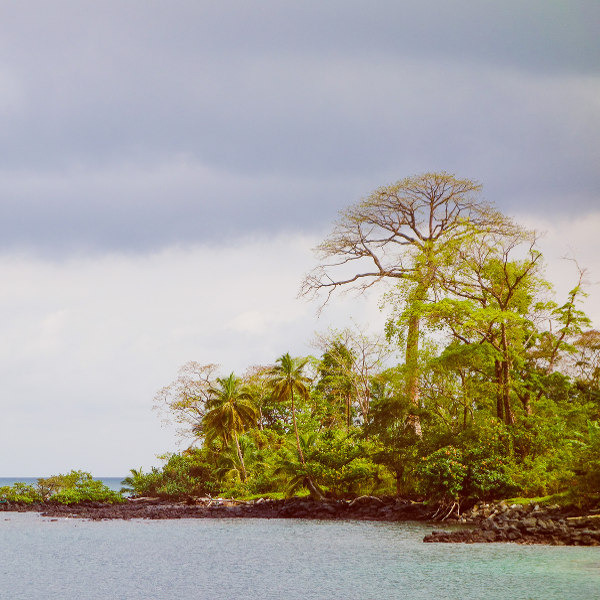
Surrounded by a rich variation of vegetation and biodiversity, Malabo is on the doorstep of Pico Basilé, Equatorial Guinea’s tallest mountain, which houses an impressively complex range of flora and fauna.
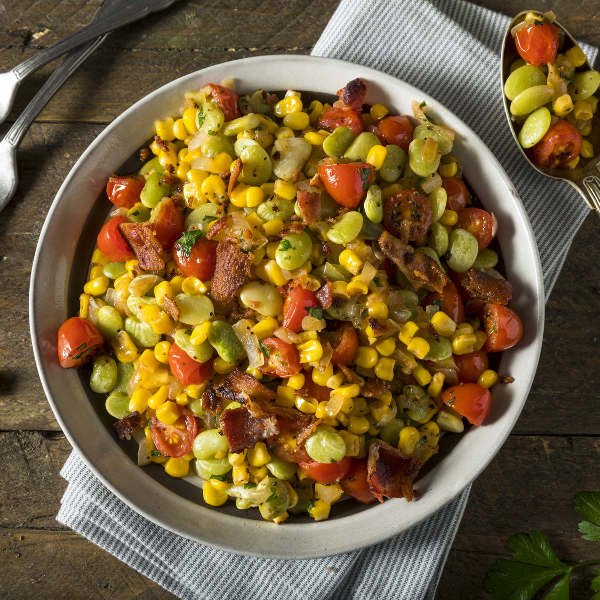
Spanish and French influences have affected then taste and style of Malabo’s local drink and cuisine. Avoid street food in Malabo but do be sure to try out delicious local tapas and wine at local cafes and restaurants.
Essential details you need to know before your trip
| Country | Equatorial Guinea |
|---|---|
| Currency | Central African Franc |
| Language | Spanish/French/Portuguese |
| Hub Airport | Malabo International Airport (SSG) |
| Airline | Guinea Equatorial Airlines |
| Time Zone | GMT + 1 |
| Travel Adaptor | Type C/E |
Malabo has a tropical monsoon climate. This results in consistently warm temperatures and mostly moderate rainfall throughout the year. Malabo has a short but pronounced dry season spanning from December to February, with February being its driest month. The period between December and February is the best time to visit the city, as rainfall is at its lowest. Travel to Malabo should be avoided between September and October when rainfall is at its highest.
Average temperature (°C) & rainfall (mm) per month
| Month | Jan | Feb | Mar | Apr | May | Jun | Jul | Aug | Sep | Oct | Nov | Dec |
|---|---|---|---|---|---|---|---|---|---|---|---|---|
| Low °C | 24°C | 25°C | 24°C | 24°C | 24°C | 23°C | 23°C | 23°C | 23°C | 23°C | 24°C | 24°C |
| High °C | 32°C | 33°C | 33°C | 32°C | 32°C | 30°C | 29°C | 28°C | 29°C | 30°C | 31°C | 32°C |
| Rainfall (mm) | 49 | 67 | 139 | 192 | 248 | 287 | 316 | 268 | 340 | 252 | 143 | 48 |
Malabo is the vibrant capital city of Equatorial Guinea. Located off the mainland on the beautiful, volcanic island of Bioko, Malabo is a little slice of Spain in West Africa.
Upon arrival in the city you will be met with the rhythmic and sensual sounds of Spanish being spoken by the local population. This city’s Latin influence carries over into its architecture with casa-style cottages, its sea-facing haciendas and its Roman Catholic cathedral, the Catedral de Malabo. Malabo’s surrounding biodiversity is the city’s pride and joy, and the local government has recently introduced programs to preserve its rich biodiversity and wildlife. Take a guided tour through the local flora and fauna in and around Malabo.
Compare several airlines and book your cheap flights to Malabo online at Travelstart!
An International Certificate of Vaccination for Yellow Fever is mandatory when applying for a Visa for Equatorial Guinea. It is recommended that you ensure you are up-to-date with all routine vaccinations (MMR vaccine, diphtheria-tetanus-pertussis vaccine, varicella (chickenpox) vaccine, polio vaccine, and your yearly flu shot) before departure to Equatorial Guinea. Hepatitis A and Typhoid vaccines are also recommended. Rabies can also be found in dogs, bats and other mammals in Equatorial Guinea, so it is recommended that you get a rabies vaccination if planning any outdoor excursions (such as camping or biking), or planning to work closely with animals.
Malabo's overall crime-rate is relatively low but always remain vigilant of your surroundings and keep a close eye on your possessions, especially in crowded areas. Do not drink tap water, stick to bottled water. Ensure any meat you eat is properly cooked.
Malabo’s city centre is by far the safest and most expansive option for prospective visitors. Offering a range of accommodation for travelers, the inner city houses elegant hotels, bed and breakfasts and youth hostels. It is recommended that visitors who are bringing expensive equipment with them (such as laptops) select hotels that offer good security features. Visitors staying in the city centre are also within walking distance to city attractions and public transport.
The most popular method of getting around Malabo is on foot. The city is extremely safe and locals are friendly and eager to help visitors with directions. This is also the best way to see the sights. For more long-distance trips, taxis do operate in Malabo. Speak to your driver before getting in the taxi to ensure an agreed negotiated price and that the destination is clearly understood. Taxi rates do increase during the night time. If travelling at night be sure to bring your passport or a copy of your passport/identification as police often do road checks at night.
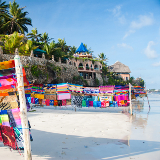
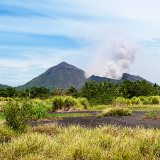
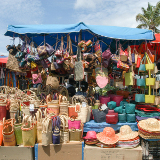
Explore our Hotel listings:
Need help with your booking? Contact our expert Travelstart Live agents for guidance and booking assistance